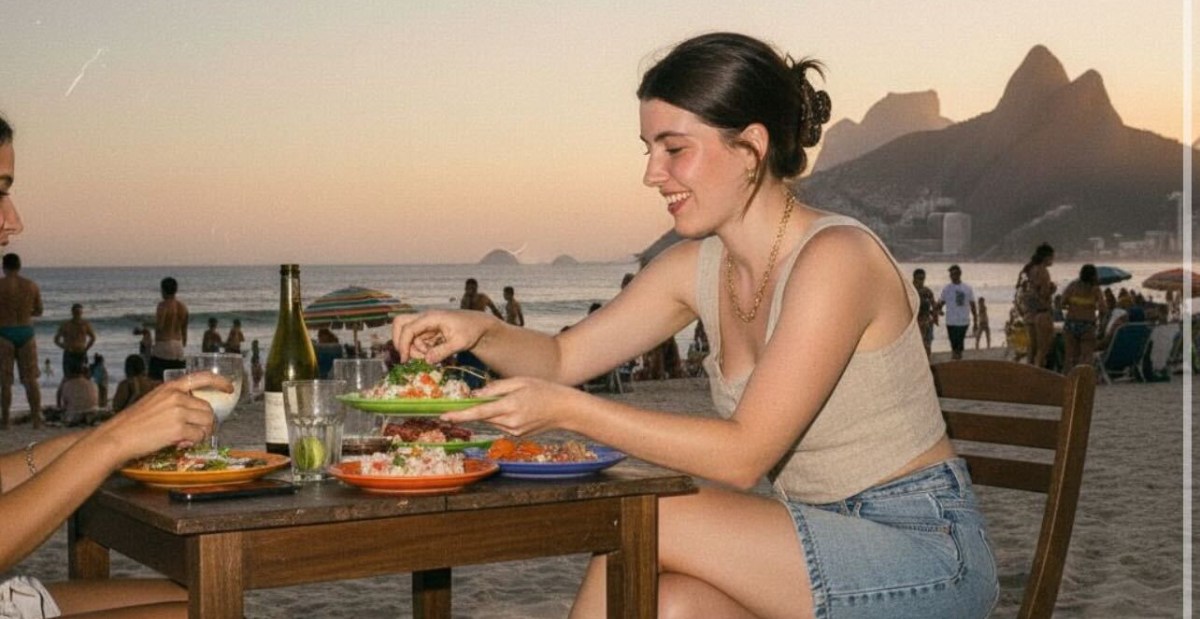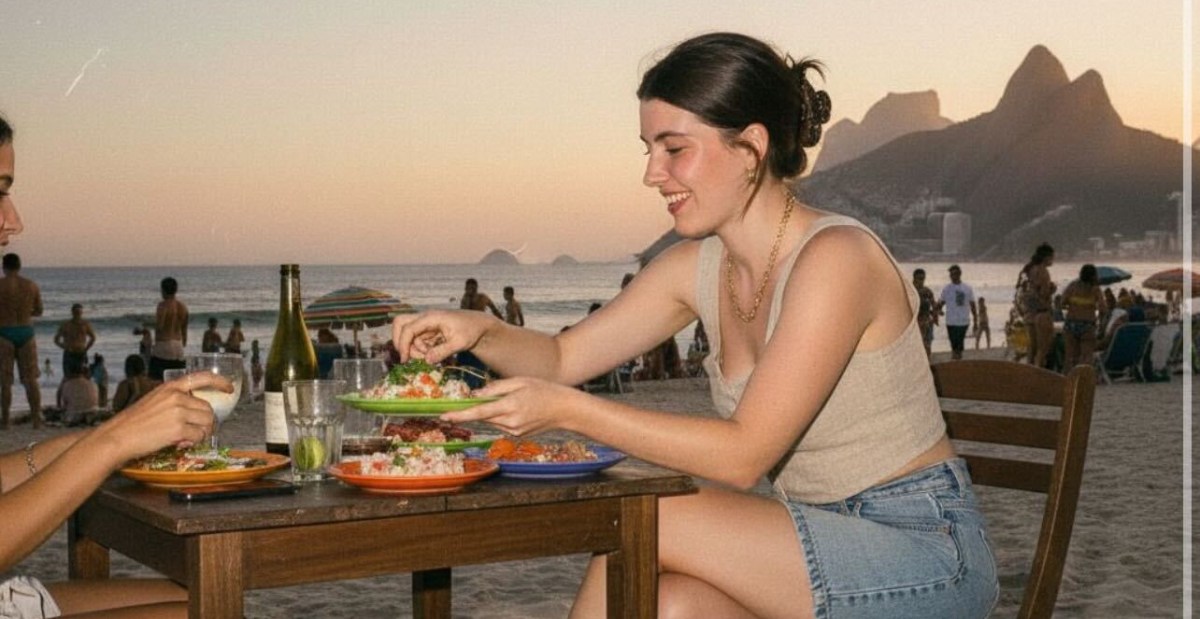Key Points
- AI‑powered apps let users create photos of themselves in luxury settings they cannot afford.
- Tim Wijaya noted widespread sharing of such images among low‑income users in Indonesia.
- Apps marketed for “manifestation” often provide text affirmations rather than personalized images.
- Endless Summer actually generates fictional vacation photos from user‑provided pictures.
- Free image limits are quickly reached, after which users must pay for additional credits.
- Critics point out the synthetic look and cost may diminish any lasting emotional benefit.

AI‑Generated Luxury Imagery Gains Traction
Mobile developers have introduced a wave of applications that allow users to generate photos of themselves in lavish settings using artificial intelligence. The concept has attracted attention after app creator Tim Wijaya, who previously consulted for OpenAI, reported that many Indonesians—particularly those earning under $400 per month in Tier‑2 and Tier‑3 cities—share AI‑crafted images of themselves beside Lamborghinis, shopping at Gucci stores or posing at exotic destinations. These users post the pictures in large Facebook groups, turning the practice into a form of digital escapism.
Manifestation‑Focused Apps Flood App Stores
Several apps market themselves as tools for “manifestation,” promising to help users visualize and attract desired lifestyles. Among them are “Manifest AI Coach: Dreams Made,” “ManifestMe,” “Manifest AI: Bye Broke Brain,” and “Manifest AI: Affirmations.” Most of these offerings provide text‑based affirmations and abstract AI‑generated graphics rather than the promised personalized vacation scenes.
Endless Summer Delivers on Its Promise
The app Endless Summer, created by Meta’s Superintelligence lab product designer Laurent Del Rey, actually generates fictional vacation photos. Users upload three personal photos, which the AI then blends into imagined settings such as Tokyo, a New York bodega, and an outdoor dinner in Rio de Janeiro. While the resulting images retain a synthetic look, they portray the user in appealing environments. The service offers a limited number of free images before prompting users to purchase additional credits—$3.99 for 30 images, $17.99 for 150 images, or $34.99 for 300 images.
Cost, Aesthetic, and Emotional Impact
Critics argue that the artificial aesthetic reminds users of the images’ falseness, limiting any lasting emotional uplift. The pricing structure also raises questions about value, as the cost of a small image package can approach the price of a modest flight. Nonetheless, the novelty of seeing oneself in imagined luxury scenes provides a brief, if superficial, sense of escape for many users seeking a visual break from everyday constraints.
Source: theverge.com
